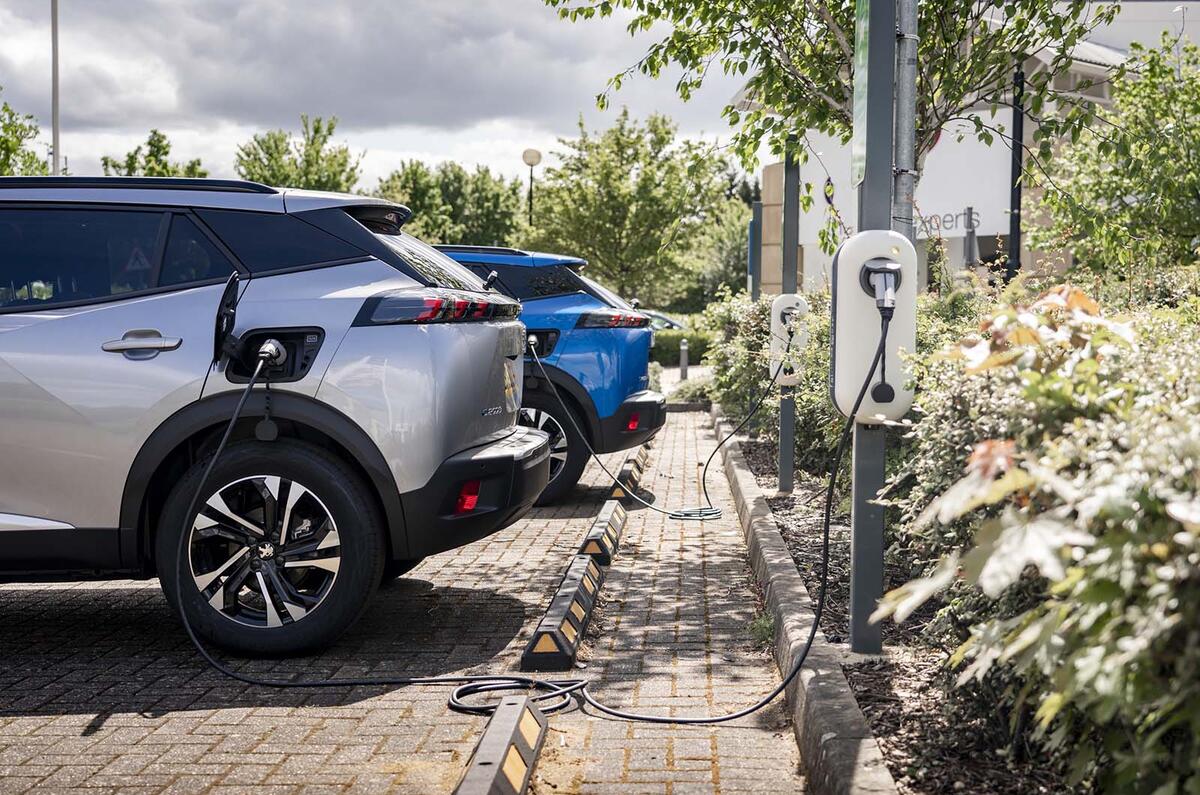Average whole-life costs for company cars have increased by 18% this year, according to ALD Automotive, but electric vehicles are still competitive despite escalating energy prices.
Stéphane Rénie, the leasing company’s head of corporate social responsibility, said more choice, longer ranges and faster charging had enabled Europe’s electric company car market to thrive. Most corporate customers have electrification strategies in place, and 27% of new car and van orders are battery-electric, he explained.
However, he added, whole-life cost analysis is “crucial” for selecting the vehicles and those comparisons have become increasingly volatile over the last year. This is delaying decision-making among corporate customers, where multiple departments influence the procurement process.
Manufacturers have responded to bottlenecks in vehicle supply by raising list prices and reducing discounts. Average list prices for new cars in the UK increased by 3% during the first half of 2022 while vans are up 5.9%, and this affects lease and rental costs for fleets.
There are large variations on a more granular level. Range-wide price increases vary by between 1.2% and 8.2% depending on the manufacturer, while the most popular models are between 1.6% and 10.3% more expensive than they were at the end of 2021.
Fluctuating energy and fuel prices are also disrupting whole-life cost comparisons. Home charging costs have almost doubled during the last year, while petrol and diesel prices are currently 9% and 23% higher than they were last November, despite falling from their July peak of almost £2 per litre.
Although charging costs are rising faster than fuel prices, Rénie said government energy price caps and tax incentives for businesses mean electric vehicles are still usually cheaper for fleets than fuel-burning counterparts.
ALD’s data backs this up, with a 14% average whole-life cost increase for electric cars during the first half of the year, compared to 17% for plug-in hybrids and 19% for petrol or diesel models. However, there are other challenges affecting uptake.
“If you look at our deliveries, which are the combination of an order and the capability of the OEMs to actually produce and deliver, [the share of electric vehicles] hasn't really increased since last year. That's a logistics and supply chain issue, but the pipeline is growing,” said Rénie, adding that he was confident Europe’s new car market would achieve a 75% EV share by 2030 – an IPCC-set target aimed at keeping global temperature rises under 2°C.
“The question is [whether we can get] through the current crisis, both in terms of supply and going beyond the early adopters with more diversified use cases. There's a number of pain points, especially related to charging infrastructure, but [the 2030 target] is feasible.”






Add your comment